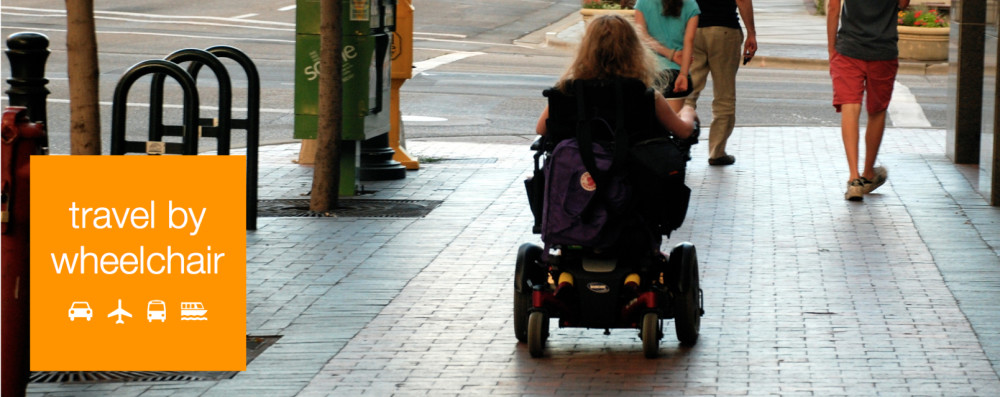Last week, I wrote about my experience trying to get my daughter, Marianne, home from the airport after our family vacation.
(See my previous note here: http://www.travelbywheelchair.com/my-terrible-experience-getting-an-accessible-taxi-at-logan-airport/)

I naively assumed that I could catch a cab from Logan that was accessible to make the short trip home to Newton. 6 cabs and about 2 hours later, I realized that was a problem.
During my adventure with Marianne, I tweeted my experience to Mayor Tom Menino, assuming that I would get an immediate reaction. It took some nudging, but I did eventually get a response from the Mayor’s Twitter account a week after the incident. I was put in touch with the Commissioner for Persons with Disabilities, Kristen McCosh. Ms. McCosh was generous with her time and uniquely sensitive to the challenges of traveling with a power wheelchair since she herself uses that form of transportation. To my surprise, she has experienced almost exactly the same kind of (non) service when trying to use a taxi in Boston.

While I was extremely pleased with Ms. McCosh’s conscientious follow up, I was concerned with the underlying problems that I discovered with the accessible taxi service for the City of Boston. According to Ms. McCosh, there are approximately 1,800 licensed cabs in Boston and approximately 100 of them are “accessible” vehicles. She further explained that many of the taxis were modified incorrectly, rendering them unusable by power wheelchair users. It turns out that the vendor who made the modifications was not qualified (per Kristen) to make accessible modifications. I was even more frustrated to find that nobody from the City of Boston (per Kristen) verified that these taxis were modified correctly.
Since Ms. McCosh started her tenure, she has personally inspected the voluminous issues with the current “accessible” fleet and is making some specific recommendations for changes. She warned me that the current fleet will not be modified or taken out of service because they are usable for certain riders in manual wheelchairs. With the life expectancy of a taxi between 6 and 7 years, it may be a very long time before reliable taxi service is available to power wheelchair users in Boston.
In my view, the city should never have accepted those taxi modifications and the city should be reimbursed for the faulty work. Those funds should be used to accelerate the deployment of truly accessible taxis in Boston. More than 20 years after the passage of the Americans with Disabilities Act, it is neither fair nor right that some citizens do not have access to basic public transportation.
Ms. McCosh is releasing a report on the accessible taxi service in September. I look forward to seeing the report and I hope the mayor supports her efforts to turn this untenable situation around.



